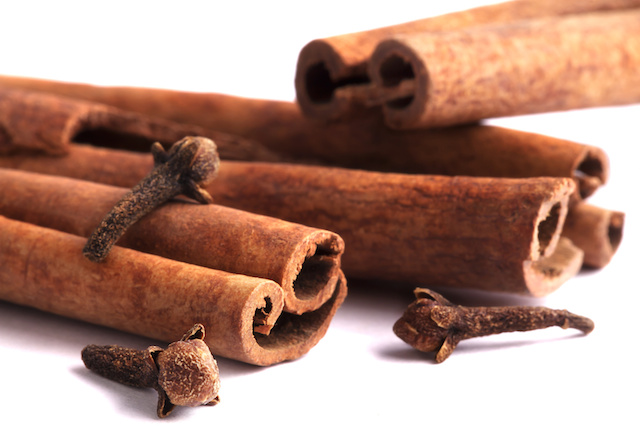Cinnamon Essential Oil Profile
Cinnamon essential oil (Cinnamomum verum) evokes memories of holiday baking, warmth or even the turning of the seasons. The essential oil can be used...

COVID-19 (coronavirus disease 2019) is a disease caused by a virus named SARS-CoV-2 and was discovered in December 2019 in Wuhan, China. It is very contagious and has quickly spread around the world.
COVID-19 most often causes respiratory symptoms that can feel much like a cold, a flu, or pneumonia. However, COVID-19 may attack more than your lungs and respiratory system.
What Are The Symptoms of COVID-19
People with COVID-19 have had a wide range of symptoms reported–ranging from mild symptoms to severe illness. Symptoms may appear 2-14 days after exposure to the virus. Anyone can have mild to severe symptoms. The following list includes possible symptoms of COVID-19, but this list does not include all symptoms of the illness:

What is the Incubation Period for COVID-19
The incubation period is the length of time between when you become infected and when you begin to experience symptoms.
The average incubation period is estimated to be about 5 days, and about 98% of those who develop symptoms will do so within rough 12 days of infection.
How Does Covid-19 Spread?
COVID-19 is spread in three main ways:
How Can I Prevent Catching COVID-19
Avoid close contact with people who are sick, if possible. If you are not up to date on vaccines or you are at a higher risk of getting very sick from COVID-19, stay at least 6 feet away from others.

How Can I Treat COVID-19
Certain antiviral medications and monoclonal antibodies have been authorized to treat mild to moderate COVID-19 in people who are more likely to get very sick.
Antiviral Treatments target specific parts of the virus to stop it from multiplying in the body, helping to prevent severe illness and death.
Monoclonal Antibodies help the immune system recognize and respond more effectively to the virus.
Centers for Disease Control and Prevention. COVID-19. Retrieved July 7, 2022, from https://www.cdc.gov/coronavirus/2019-ncov/your-health/about-covid-19.html
Lauer, S.A,, Grantz, K.H., Bi, Q., Jones, F.K., Zheng, Q., Meredith, H.R., Azman, A.S., Reich, N.G., & Lessler, J. (2020). The Incubation Period of Coronavirus Disease 2019 (COVID-19) From Publicly Reported Confirmed Cases: Estimation and Application

Cinnamon essential oil (Cinnamomum verum) evokes memories of holiday baking, warmth or even the turning of the seasons. The essential oil can be used...

Essential oil ingestion is a controversial topic in the aromatherapy community, but pediatric ingestion is practically unheard of. However, essential...

As essential oil use in the classroom becomes more common, many questions have been raised about the effectiveness and safety of this application.